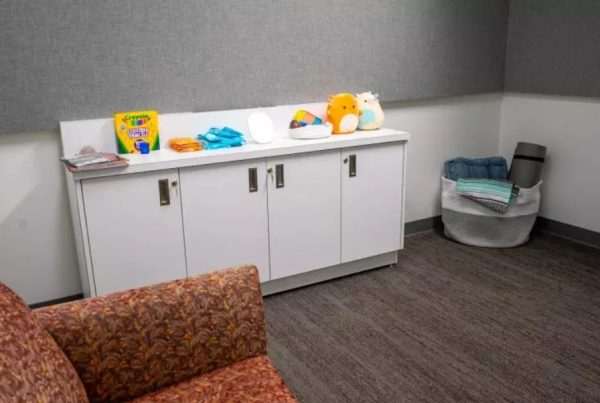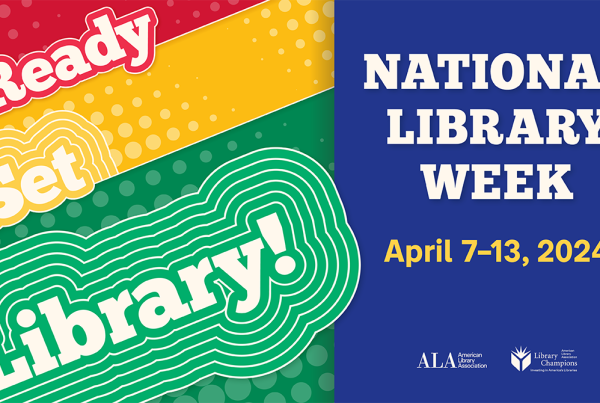By Allison Campbell-Jensen
At times, those of us #WorkingFromHome may not be sure what day it is: our space-time feels a bit warped. Yet those dealing with COVID-19 on the front lines — our doctors, nurses, students, and health researchers — may perceive their space-time whizzing by.
In this period of coping with the COVID-19 pandemic, they don’t have months to spare while peer-reviewed publications move from submission to publication. With the help of U librarians, they instead can access gray literature, defined as “[t]hat which is produced on all levels of government, academics, business and industry in print and electronic formats, but which is not controlled by commercial publishers.”
Importance of ‘gray literature’
“The reason this gray literature is so important right now,” says Public Health Librarian and Data Curation Specialist Shanda Hunt, “is because there is a great deal of research being done on coronavirus and COVID-19, but there isn’t time to formally publish the results, so they must be shared in other formats.”
On March 20, Hunt was contacted by Mary Butler, co-director of the School of Public Health’s Evidence-based Practice Center, to assist in locating gray literature sources related to the coronavirus. Hunt developed and continues to update this list of COVID-19 Gray Resources as part of a comprehensive COVID-19 research guide.
Providing remote access to key pharmaceutical data
Pharmaceutical data and funding also attract researchers’ attention now.
“My research is on how industry is addressing the global health-care antimicrobial resistance challenge,” particularly through public-private partnerships, writes Gurneeta Vasudeva Singh, an Associate Professor of Strategic Management and Entrepreneurship in the Carlson School of Management, in an email.
A useful research resource that Singh, other CSOM faculty, and doctoral students formerly were permitted to use only while on campus, the Cortellis database, provides accurate up-to-date information on global drug pipelines, companies, deals and patents, plus breaking industry news, clinical trials and conferences.
With the help of Interim Collection Development Officer Sunshine Carter’s licensing team, now three “seats” are available remotely for U researchers. Cortellis was added to the Libraries A-Z Database list only very recently, says Mary Schoenborn, Libraries’ Liaison to the Humphrey School and CSOM, and “we are already getting requests from campus users in the health and life sciences.”
Singh wrote to Schoenborn: “I am grateful to you and the library resources for making this available to researchers interested in healthcare topics that are very much the need of the hour.”







I am concerned that MNLINK has not allowed me to access that most vital service. A chat with a HENNEPIN County Library indicated that Hennepin County Libraries cannot use MNLINK and therefore can’t access WORLDCAT as well.what am I doing wrong here?
Thanks, Pam